A Constitution Bench of the Supreme Court on Tuesday delivered its judgment in NCT of Delhi vs Union of India. Delhi is to be ruled and governed by its elected legislatures. But has the Court announcement really made the things less complex?
What next for Delhi? After several years of jostling between the AAP Government which has an overwhelming majority in the city and the Lieutenant Governor (LG) appointed by the Central Government, the Supreme Court (SC) ruled that the elected government of the city has primacy on most matters leaving aside land, police/law and order out of the ambit. At the same time the, SC reaffirmed the fact that the National Capital Territory (NCT) of Delhi remains an Union Territory and does not enjoy the same powers as a State. It held that the LG and the AAP Government, or any future Government, should work together for the benefit of the city and that, in the case of a disagreement, the LG should not refer every single matter to the President of India, that is the Centre.
Will this substantially change matters in Delhi? The AAP certainly hopes so and moved quickly to declare ‘victory’ even though a core contention, that they have the same powers as any other State Government, was not upheld. Contentious issues, such as the establishment of an Anti-Corruption Bureau to investigate past instances of corruption remain. Is this a ‘policing’ matter? The same is the case with the implementation of a scheme to install Closed-Circuit Television Cameras; would this impinge on the authority of the Central Government which controls the Delhi Police? Does the Delhi Government have the authority to transfer DANICS cadre officials or does that right remain with the Centre? Many of these issues will be further addressed in a subsequent sitting of another Bench of the Supreme Court. Other decisions of the AAP Government such as widening the ambit of their health and education schemes which have been held up, however, might be easier for the Arvind Kejriwal Government to implement.
The fact, though, is that governance issues in Delhi — complicated to begin with — have become even more complicated given BJP-AAP hostility. The Centre, the State of Delhi and five different municipal corporations of this City-State which is also the National Capital of India if working at cross-purposes will result in delayed, confused decision-making. And this allows politicians of all hues to play their favourite game of passing the buck. This was highlighted by Delhi’s previous Chief Minister, Sheila Dixit, who pointedly said that the Supreme Court decision changes nothing substantially. Dixit ran a Congress Government in the city for three terms with a Central Governments controlled by the BJP in her first term and the Opposition in control of the municipalities. Her non-confrontationist attitude and ability to make compromises allowed the city and its associated infrastructure to grow exponentially under her stewardship. A similar spirit is required from both the AAP Government and the BJP. Delhi’s population has been growing at a rapid pace and there are huge issues of infrastructure, healthcare, education, electricity and water supply facing the city. These need all sober minds and leaders with the welfare of the governed at heart to come together. A long shot? Sure. But anything else will only spell doom for Delhi.
Writer: Pioneer
Courtesy: The Pioneer







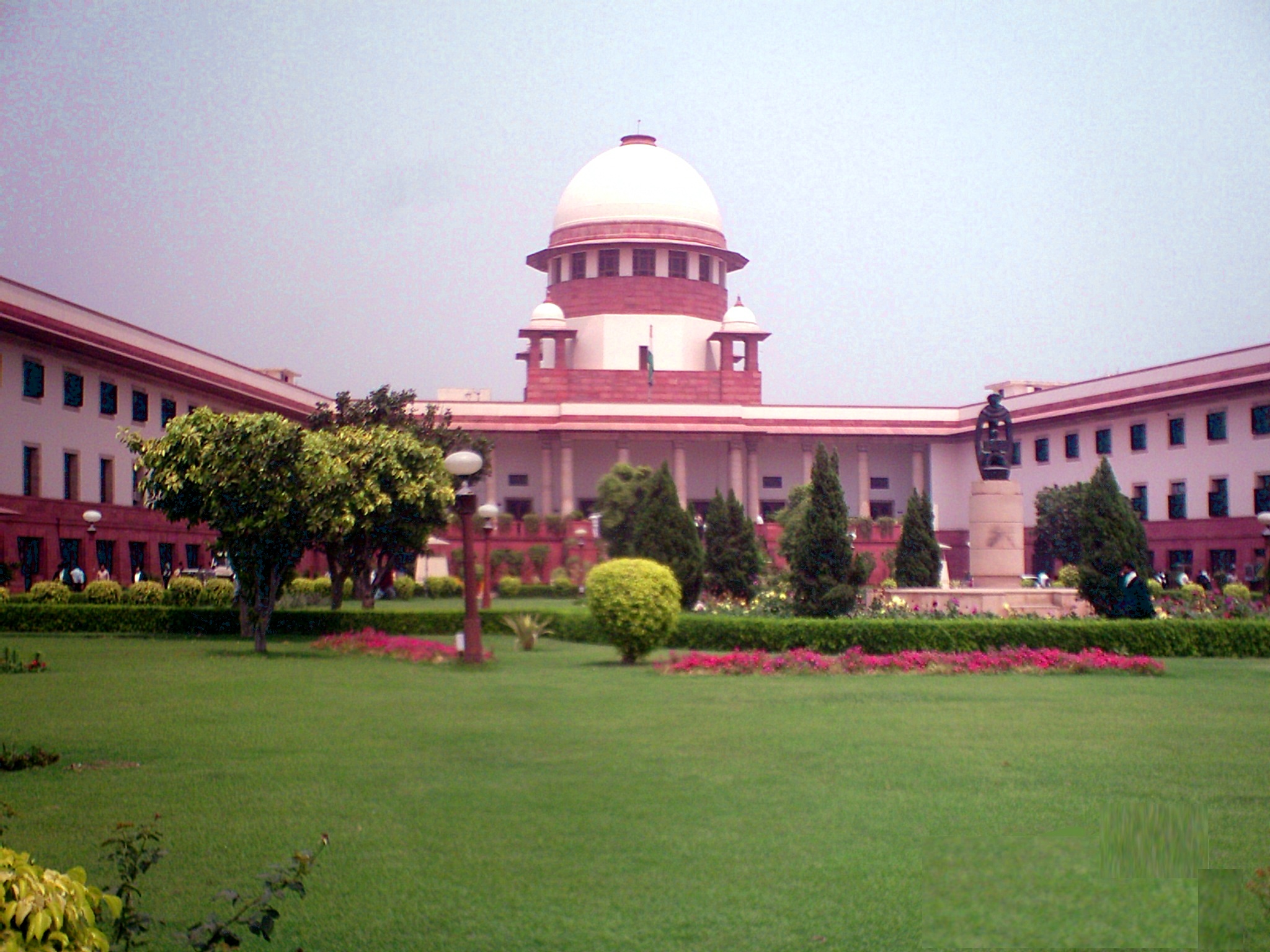
 OpinionExpress.In
OpinionExpress.In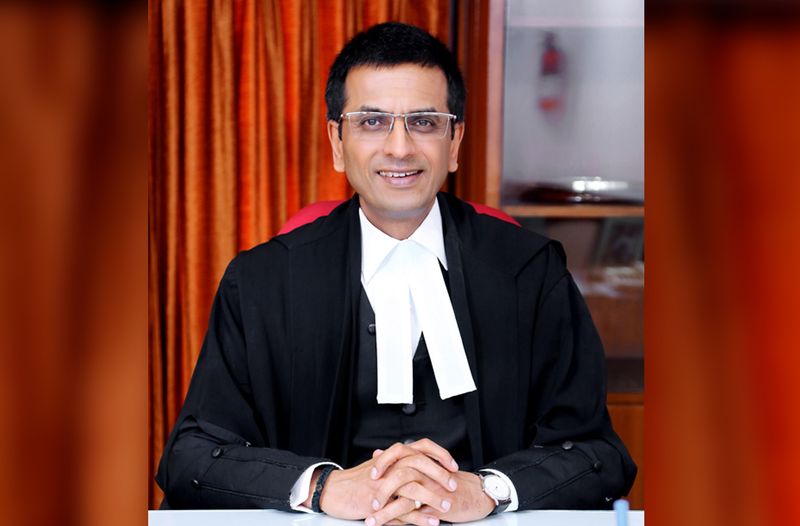
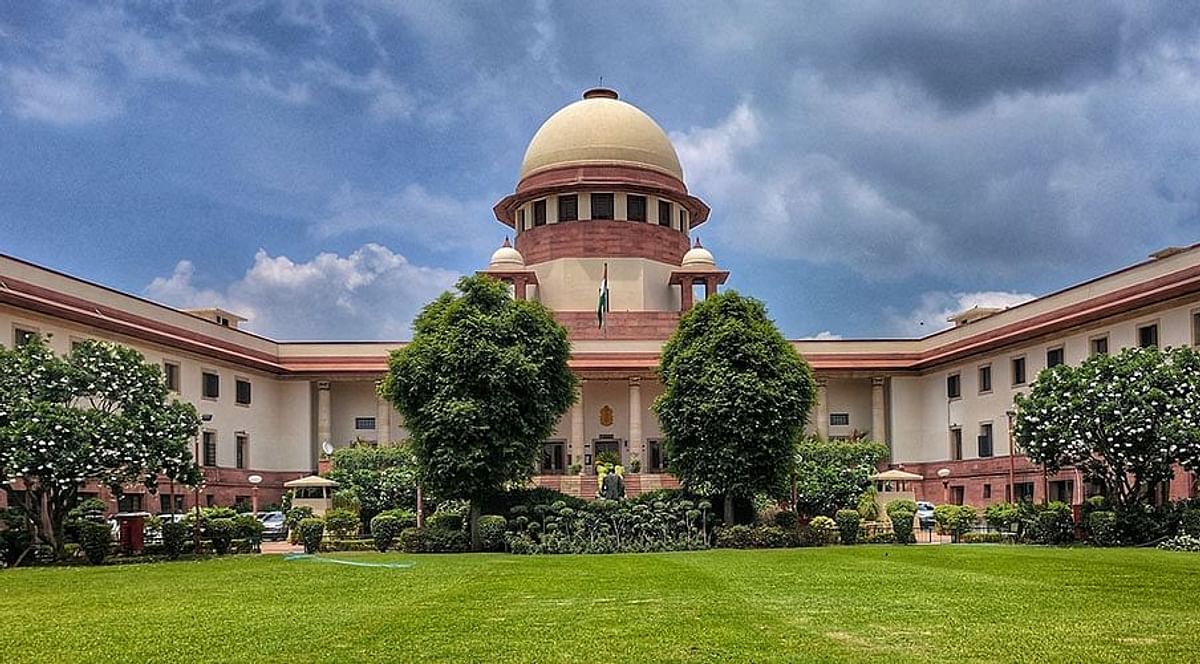
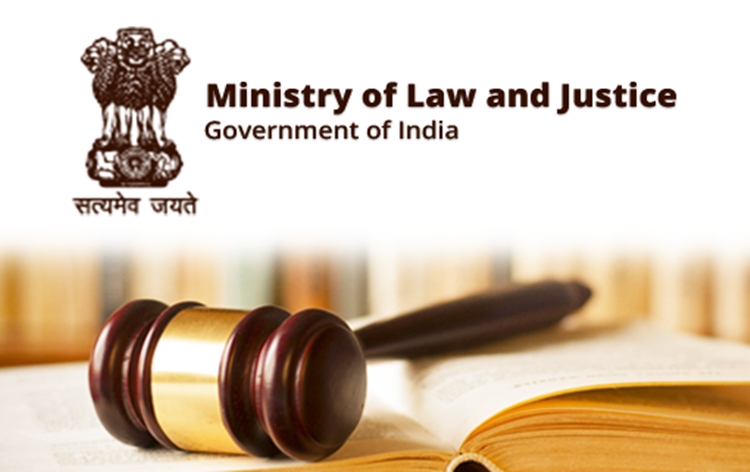
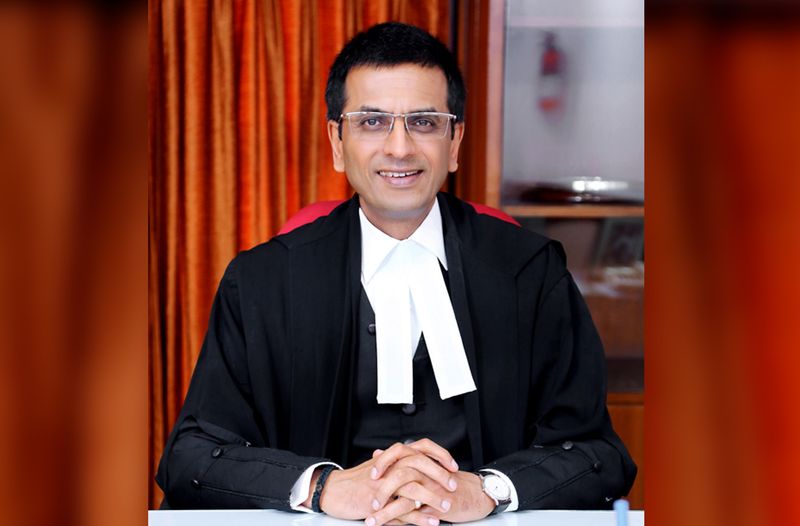
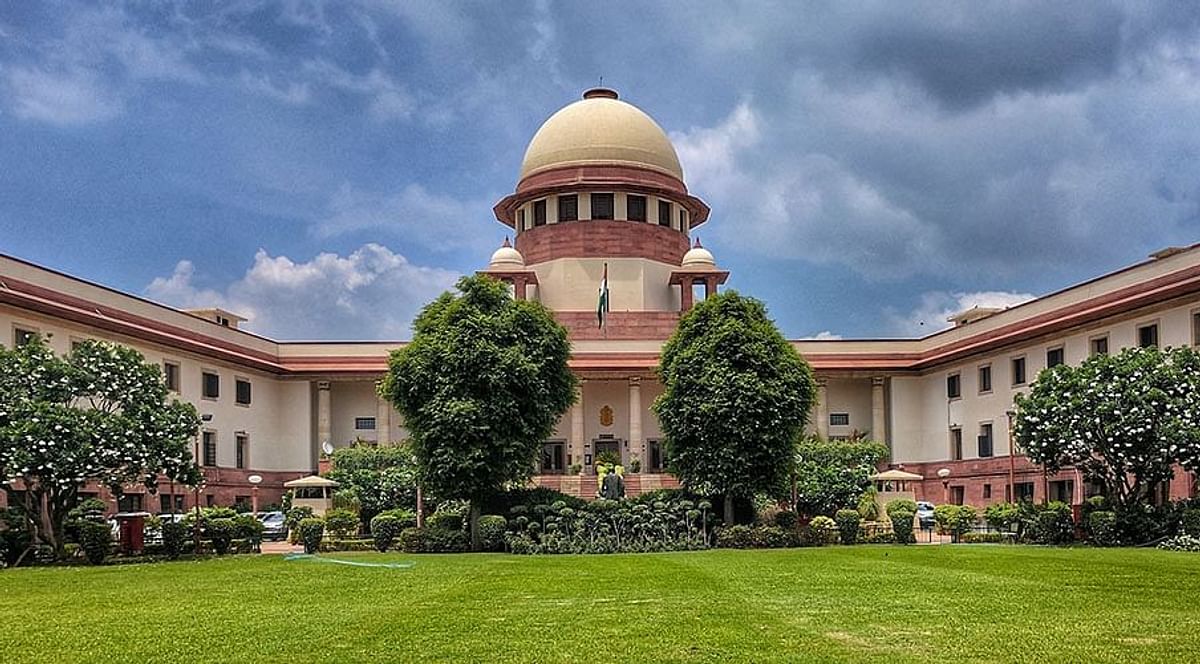
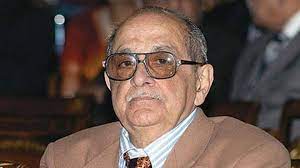
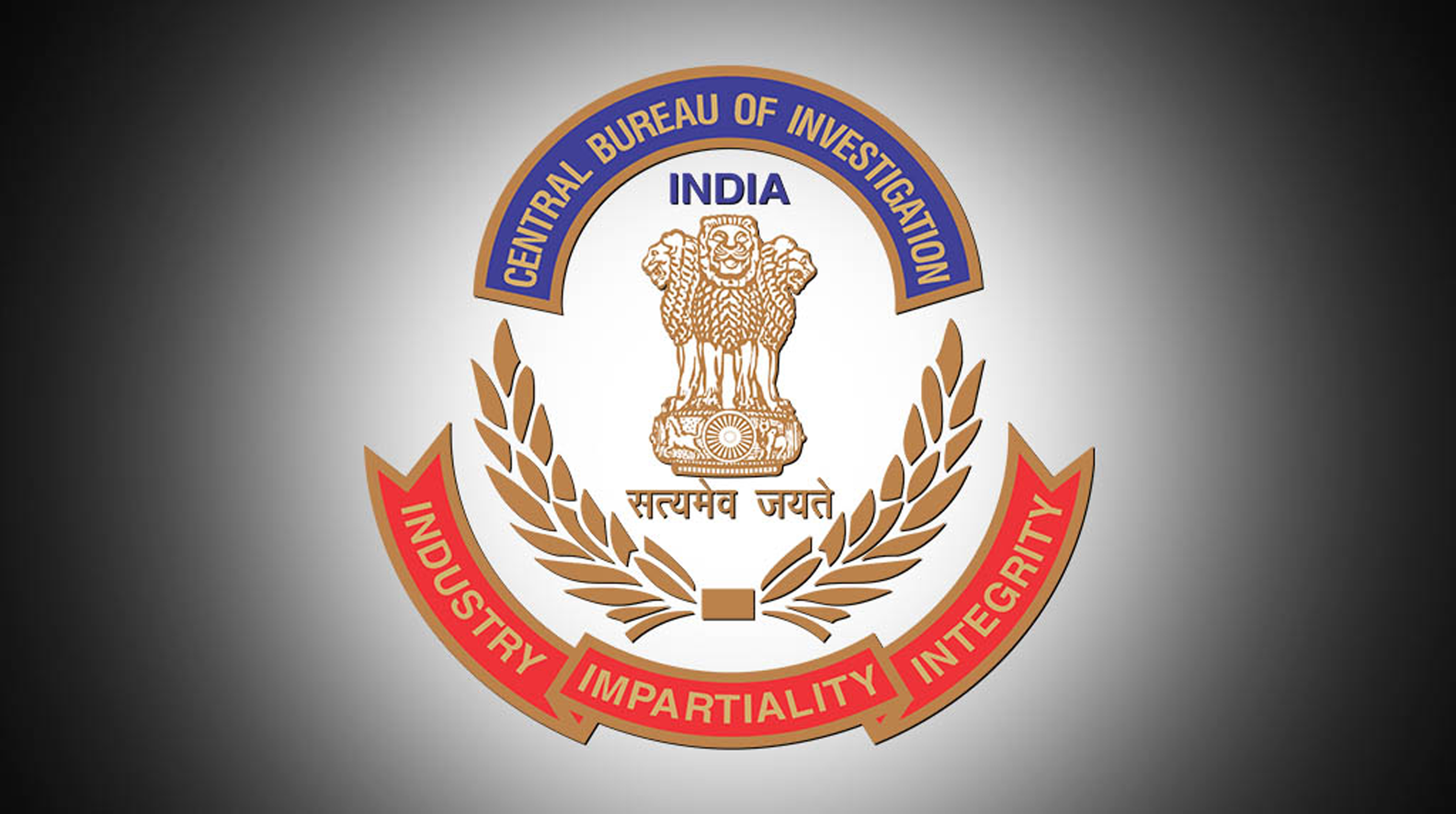
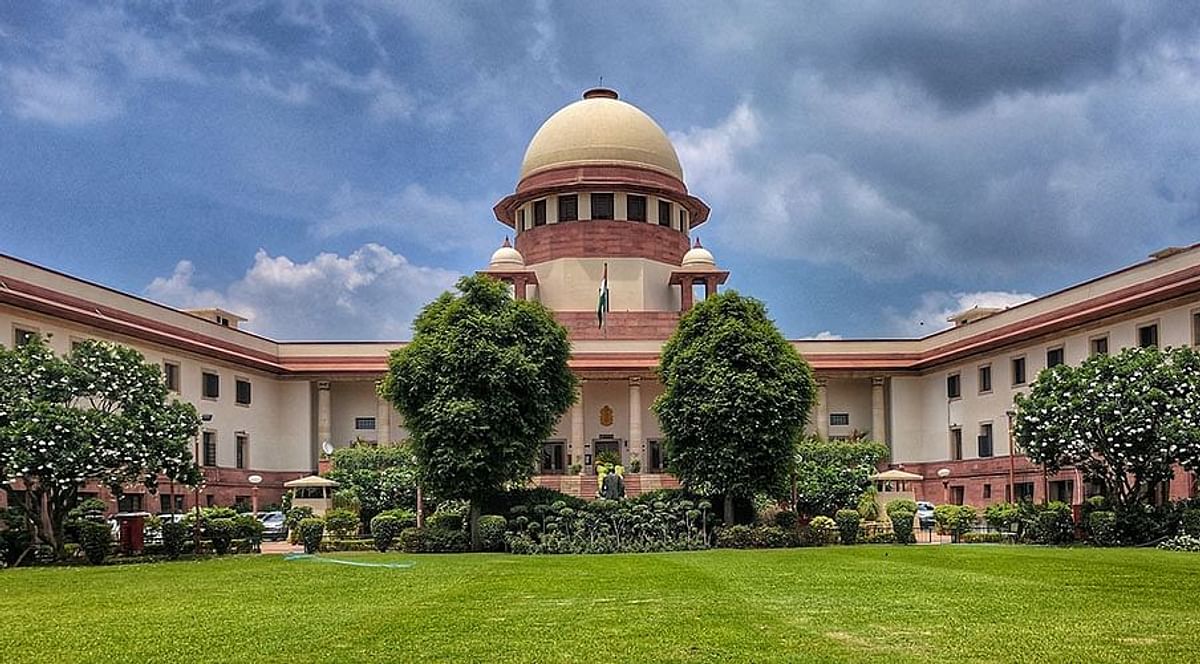
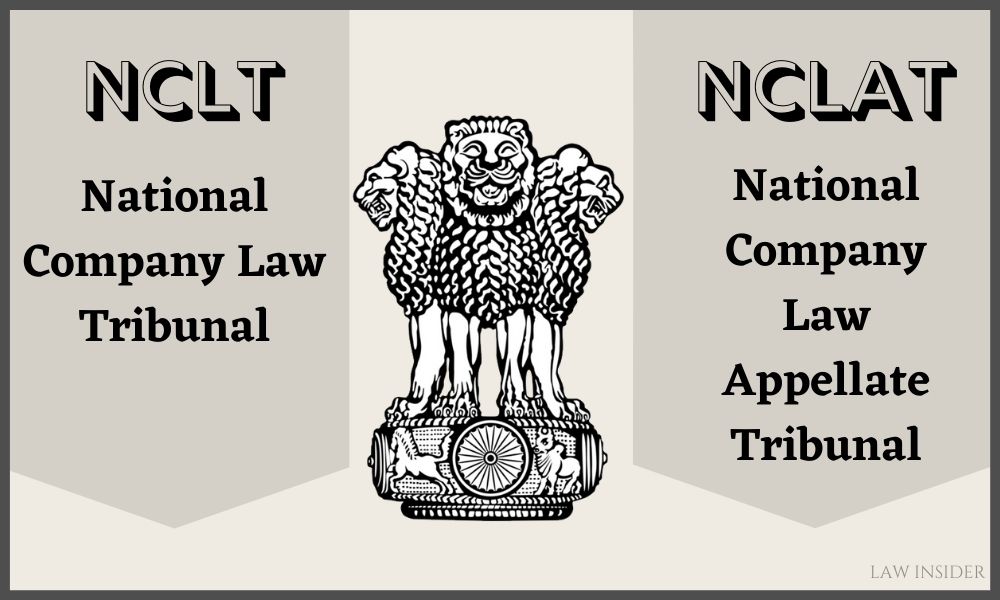
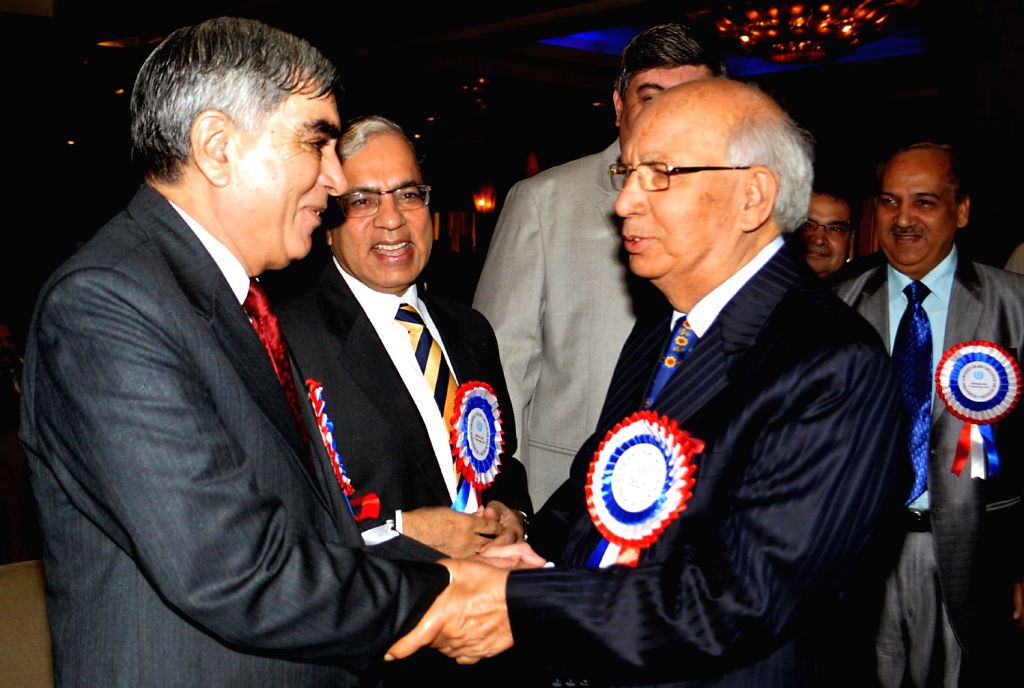






Comments (0)